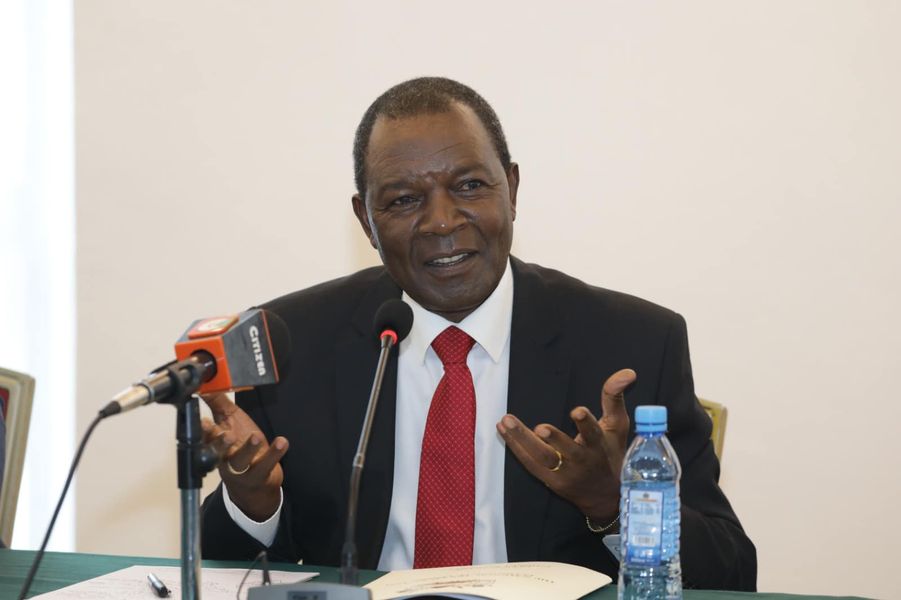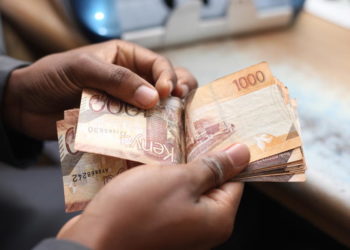The Energy and Petroleum Regulatory Authority is saying the government-to-government oil plan has played a crucial role in safeguarding the economy against the risk of decline, thus easing the financial burden on citizens.
Daniel Kiptoo, the Director General, highlighted that this initiative has effectively protected the economy from the uncertainties of exchange rate fluctuations by eliminating spot purchases for the US dollar by approximately 100 oil marketing companies.
Kiptoo emphasized that the collaboration with Gulf oil firms has significantly relieved pressure on the shilling, resulting in a reduction in depreciation against the US dollar from a monthly high of 3.0% to a more sustainable percentage. The predominant import commodity, fuel, with a monthly requirement of around USD 500.0 million, previously strained the nation’s limited forex reserves under the Open Tender System regime. In the current arrangement, facilitated by appointed local oil marketers, the country secures fuel on credit terms for up to six months from prominent Gulf entities such as Emirates National Oil, Abu Dhabi National Oil, and Saudi Aramco. Subsequently, the appointed oil marketer sells the fuel to its counterparts in the local currency before supplying it to retailers.
The shillings paid by local oil marketers are held in escrow accounts managed by three local banks, led by Kenya Commercial Bank. It takes a span of 180 days to accumulate sufficient dollars to settle payments to Gulf suppliers. Kiptoo highlighted the challenges faced by local oil importers in procuring adequate dollars every month, necessitating government intervention to prevent a supply failure that could have had severe consequences for the economy.
Kiptoo also criticized those opposed to the plan as being self-centered and lacking foresight. He defended the plan’s efficacy, noting that it has become a benchmark for other countries. Under the government-to-government arrangement, 42 cargos have been successfully delivered, ensuring a secure supply for the country. The success of this approach has even prompted neighboring countries like Uganda to emulate the idea.
Since the inception of the plan, 13 letters of credit totaling USD 1.0 billion have been settled, and the plan is expected to continue until December next year. In September, the government successfully renegotiated the applicable freight and premium for the government-to-government plan with Gulf firms. This negotiation is anticipated to lead to a periodic drop in final retail prices every three months.
Kiptoo shared that initial discussions resulted in a reduction in the price of a tonne of super petrol from USD 97.5 to USD 90.0, translating to a decrease of KES 2.0 per liter. Similarly, the price of a tonne of diesel decreased from USD 118.0 to USD 111.8, leading to a retail price reduction of KES 5.5 and Kshs 1.4 per liter for diesel and Kerosene respectively.


















